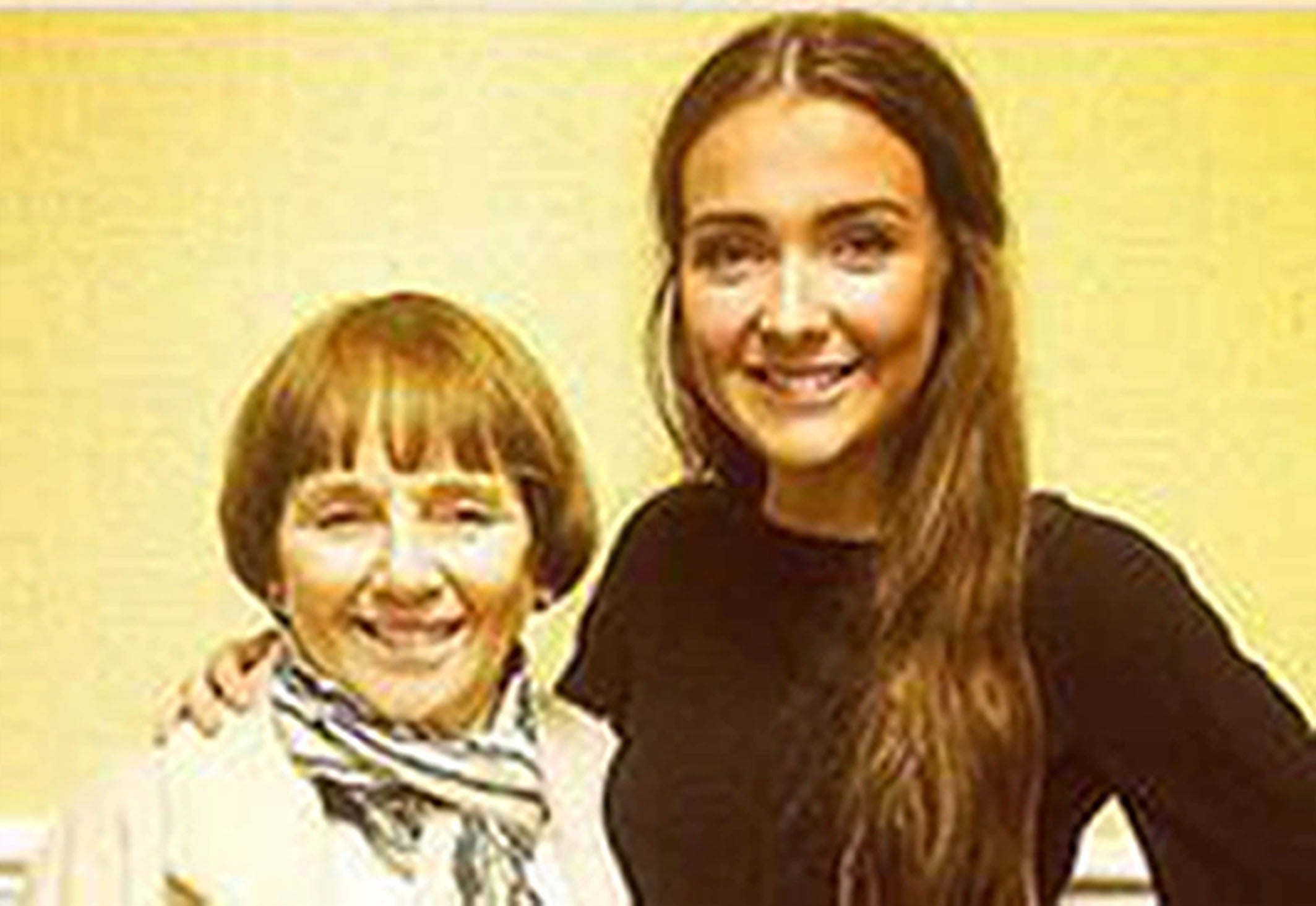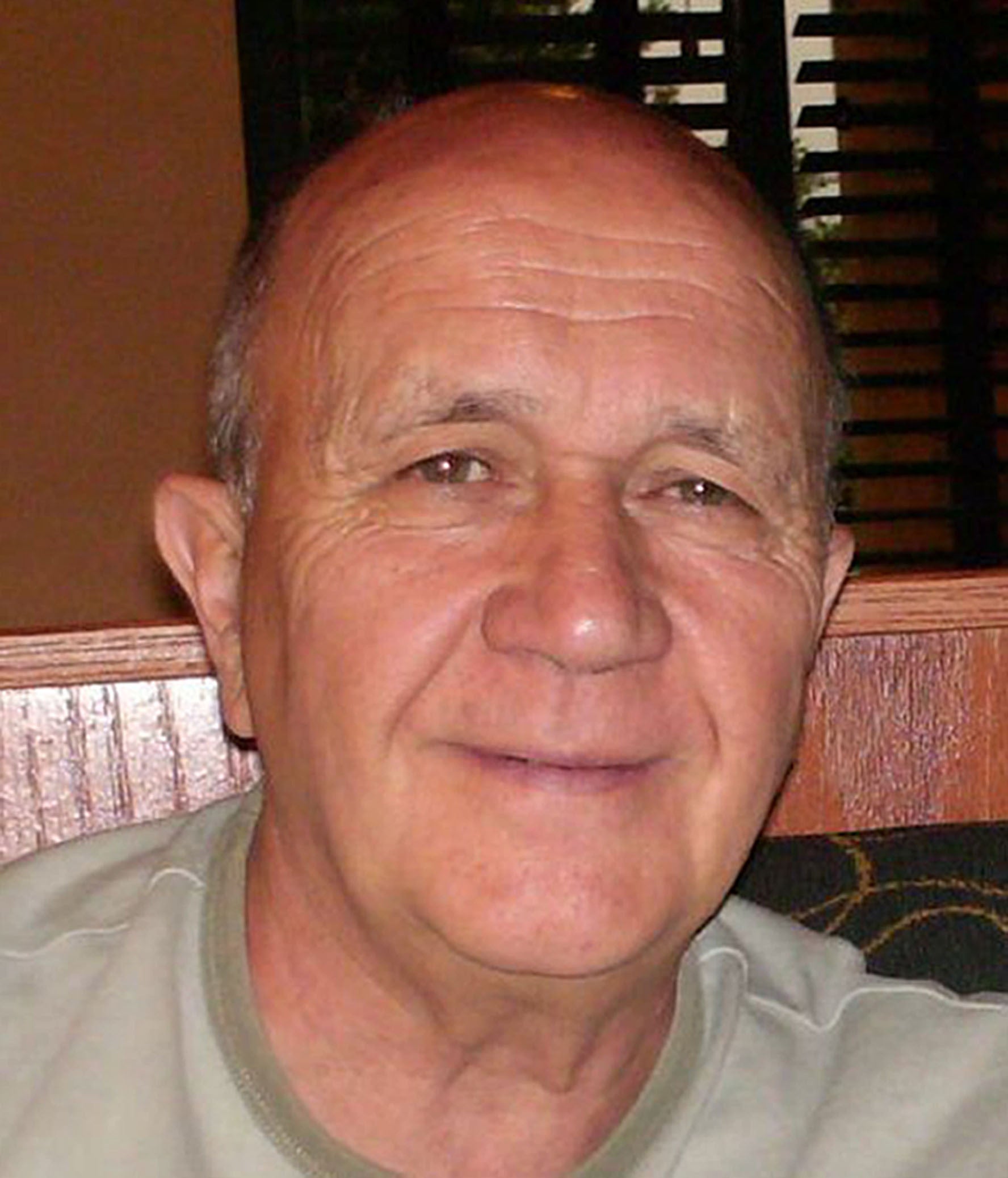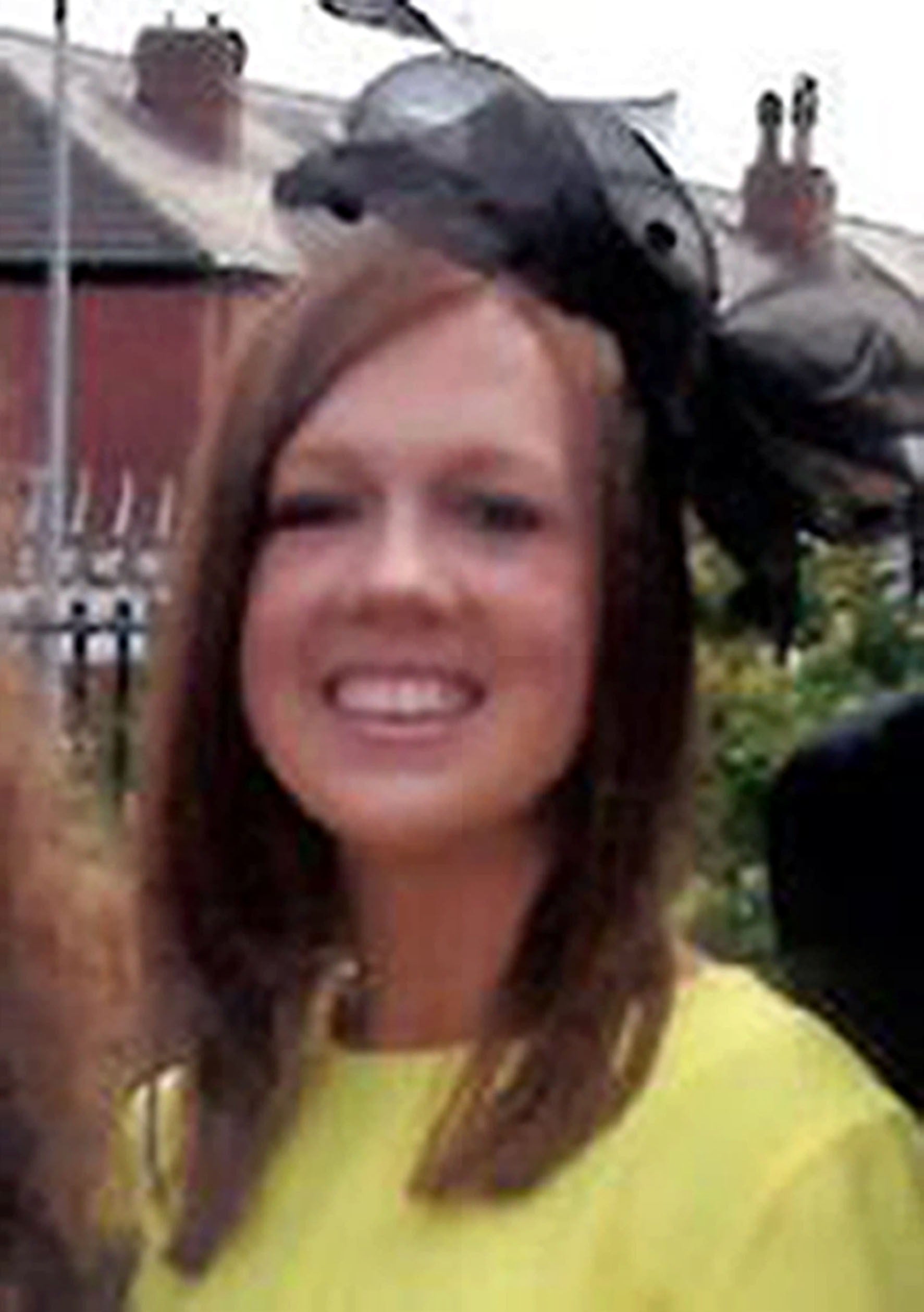
A former bishop who helped in the aftermath of a bin lorry crash which claimed six lives has said he will be praying for the victims on the 10th anniversary of the tragedy.
The incident on December 22, 2014 saw a 26-tonne Glasgow City Council refuse truck veer out of control and crash into shoppers in the city centre.
It travelled along the pavement in Queen Street before crashing into the side of the Millennium Hotel in George Square.
The lorry was driven by Harry Clarke, now aged 67, who has since said he thinks about the incident every day.
It happened soon after the Clutha and the city felt stricken - I think it felt afflicted. The time of year made it even worse
Witnesses saw Mr Clarke, who had failed to disclose a previous blackout to his employers and the DVLA, slumped behind the wheel.
Those who died in the incident were Erin McQuade, 18, a student at the University of Glasgow, and her grandparents Jack Sweeney, 68, and Lorraine Sweeney, 69, from Dumbarton, West Dunbartonshire; primary school teacher Stephenie Tait, 29, and tax worker Jacqueline Morton, 51, both from Glasgow; and Gillian Ewing, 52, from Edinburgh. Fifteen people were injured.
The city’s Royal Exchange Square was piled high with floral tributes following the crash, and a candle-lit vigil was held in George Square.
Right Rev Dr Gregor Duncan, the Scottish Episcopal Bishop of Glasgow and Galloway, was at the scene in the aftermath of the crash.
He told a memorial service at Glasgow Cathedral in 2015: “God is to be found in those who ran to help, in the emergency services… in every tear shed.”

Mr Duncan, who retired in 2018, said he will be praying for the victims on the 10th anniversary on Sunday, and he added he has also prayed for Mr Clarke.
The crash came just over a year after a helicopter crashed into the Clutha pub in Glasgow on November 29 2013, with the loss of 10 lives.
Recalling the day of the bin lorry incident, Mr Duncan said: “That afternoon I went out, and when I went back the road was closed off with lots of people around. I saw human remains on the road, some covered, some not. I realised something terrible had happened and went back to my office and put my clerical dress on.
“Someone said to me out of the crowd ‘Five souls, Father’ – by which she meant five people had been killed, at that stage, I didn’t know how. She might have been asking me to pray for them.

“It happened soon after the Clutha and the city felt stricken – I think it felt afflicted. The time of year made it even worse. Some tragedies happen out of thin air, but others happen because of human error or human folly.”
A mass was held at St Andrew’s Cathedral in Glasgow soon after the incident, at which Archbishop Philip Tartaglia, who died in 2021, said Glasgow had been “eagerly and cheerfully preparing for Christmas” when it was suddenly turned into “a city of sadness and mourning”.
A fatal accident inquiry held in 2015 found Mr Clarke lost consciousness at the wheel before the crash.
It found the accident might have been avoided if Mr Clarke had told the truth about his medical history, after it emerged he had previously blacked out while at the wheel of a stationary bus.

Then lord advocate Frank Mulholland made the decision not to prosecute Mr Clarke in 2016, and said he knew it was “not a popular one”.
The Crown Office insisted there was insufficient evidence to raise criminal proceedings.
In 2019, Mr Clarke told the Mail On Sunday the tragedy was an “accident” and said he was “devastated at what happened”.
Mr Clarke said: “It has been made out that I don’t care about what happened. There’s not a day goes by I don’t think about it.”
In 2021, Glasgow City Council took legal action against his former employer, First Bus, over the issue of job references, but the bid failed.







